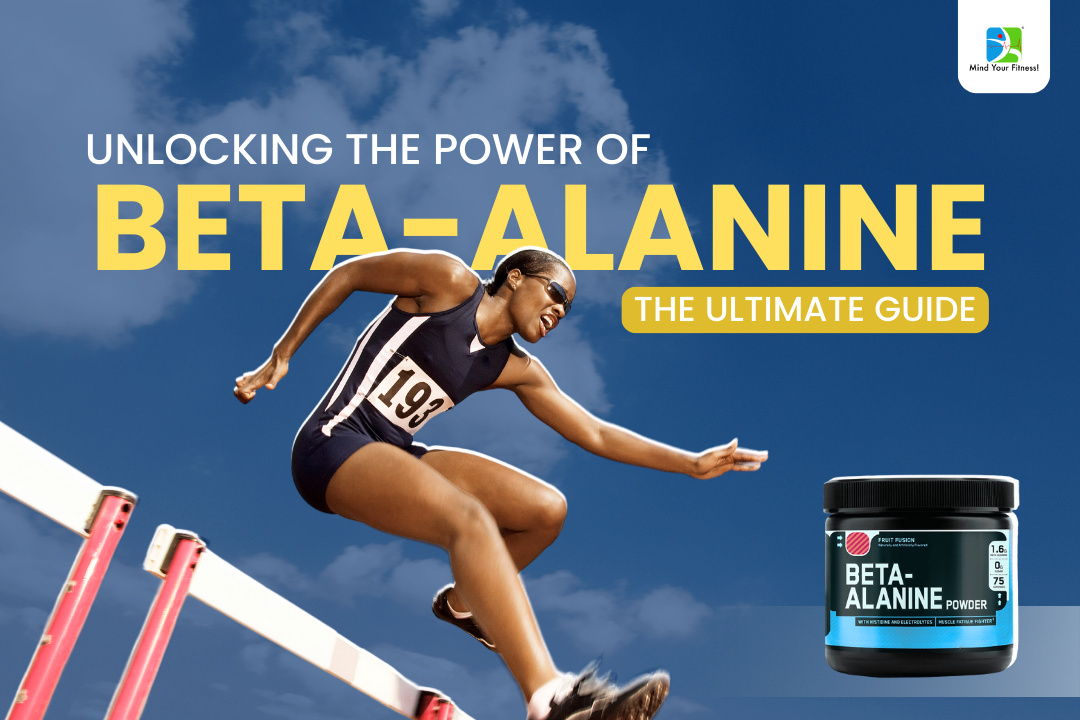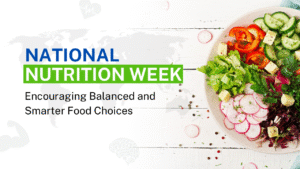What is Beta-Alanine?
Beta-alanine is a non-essential amino acid that is naturally produced in the body and can also be obtained through dietary sources like meat and fish.
Beta-alanine plays a crucial role in the synthesis of carnosine, a dipeptide found in high concentrations in skeletal muscle tissue. Supplementation is therefore necessary in situations of high demand such as intense physical training.
Beta-alanine has a higher bioavailability (better absorption) than carnosine. When we consume carnosine directly, it’s broken down by digestive enzymes into its constituent amino acids — beta-alanine and L-histidine before it reaches skeletal muscles, making it an ineffective method in humans.
Benefits:
1. Sports performance:
Beta-alanine supplementation has been shown to significantly increase carnosine levels in muscle tissue.
High-intensity exercise leads to the accumulation of hydrogen ions causing a drop in pH. When the pH drops, fatigue sets in faster.
Carnosine acts as a pH buffer, helping to reduce the accumulation of intracellular hydrogen ions and delays the onset of muscle fatigue.
Biochemistry:
Contrary to popular belief, these H+ ions are not related to the build up of lactic acid. Lactate can accumulate during high intensity exercise but it’s not the same as lactic acid. Humans don’t make lactic acid!
As lactate is formed during glycolysis (a marker of lactate threshold), ATP is being generated and utilised simultaneously. ATP hydrolysis/breakdown releases energy for muscular contraction and releases H+ ions. In fact, lactate buffers H+ ions to a certain extent allowing glycolysis to proceed by regenerating NAD+.
Beta-alanine supplementation improves performance during high-intensity exercise lasting from 1 to 10 minutes.
Examples of exercise that may be enhanced by beta-alanine supplementation include 400–1500 meter running and 100–400 meter swimming.
It can also enhance muscle endurance allowing athletes to perform more repetitions or sustain activities for longer durations (small effect).
2. Other benefits:
Because of it’s role as an antioxidant, a chelator of toxic metals, and an anti-glycation agent, carnosine may benefit conditions such as Parkinson’s and Alzheimer’s disease.
In a randomized controlled trial, supplementation with beta-alanine enhanced cognitive function in older adults with mild cognitive impairment and improved depression.
Beta-alanine and carnosine also reduce blood glucose, HbA1c, and markers of insulin resistance in individuals with diabetes or overweight/obesity.
Dosage and Timing:
The typical recommended dosage of beta-alanine is in the range of 2 to 5 grams per day.
Although beta-alanine is commonly included in pre workout supplements, the timing of consumption does not influence its effectiveness.
Vegetarian diets are associated with a lower carnosine content in skeletal muscle. Vegetarians and vegans should follow the same dosing protocols: 3.2–6.4 grams per day, divided into 2–4 equal doses, for a minimum of 2–4 weeks.
Safety:
While beta-alanine is generally considered safe for most people, some individuals may experience a temporary tingling or flushing sensation, known as paresthesia, especially with high doses. This sensation is harmless and subsides quickly.
Takeaway:
While beta-alanine is not a magic bullet, it can complement a well-rounded training program and proper nutrition.
It is a promising supplement for enhancing athletic performance.
As always, it’s essential to consult with a qualified sports dietitian before starting supplementation.
~ Shwetha Bhatia, Registered Dietitian (Indian Dietetic Association)





